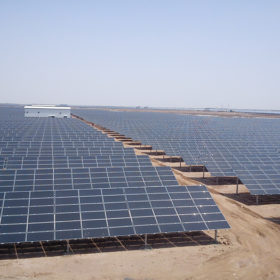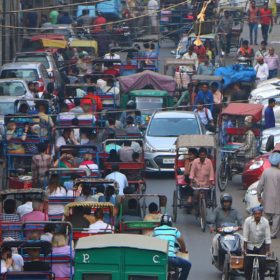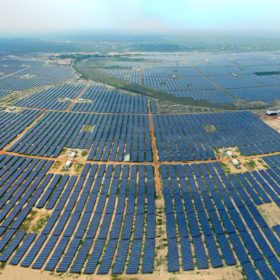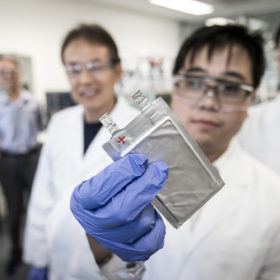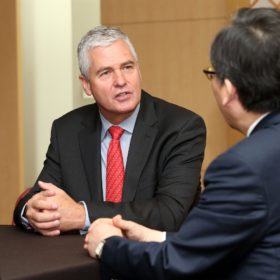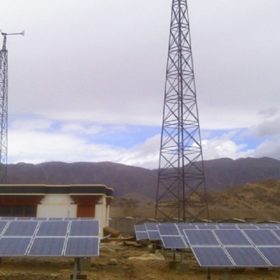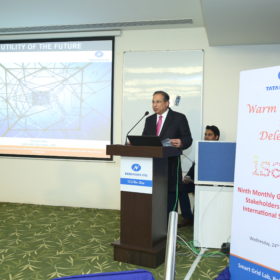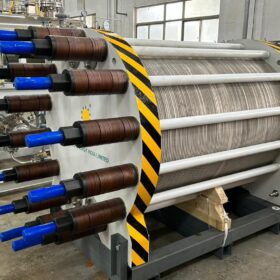Waaree triples solar panel capacity with a new plant in Gujarat
Waaree Energies has set up a 1 GW solar PV panel plant in Vapi, which is in addition to its existing 500 MW plant in Surat, Gujarat. The company intends to further increase capacity to 2 GW. Among other key developments, it has partnered with third-party equipment suppliers to manufacture batteries
India to launch its own battery cell production
India’s PV sector is expanding at a serious pace, creating jobs and further securing energy supply for many businesses. Yet, sourcing battery cell technology at the current rate resulted in annual foreign exchange of Rs. 1012 crore creating deficits, that hopefully can be averted in the future.
Mahindra Electric to develop integrated electric mobility ecosystem in Tamil Nadu
The EV manufacturer will develop a complete system encompassing electric vehicles (EVs), smart parking, charging infrastructure and software integration platform NEMO for the experimental township of Auroville in Tamil Nadu. Mahindra has also unveiled an energy storage solution for EVs and will help harness renewable power.
By 2030, EVs could outnumber the total vehicles in India today
To smoothen this transition, the country needs to build fast solar PV-powered charging stations. In 2017, there were only 220-250 operational charging stations in India, compared to 56,000 petrol stations.
Uncertainty and opportunity loom for renewables sector — report
Uncertainty in the renewable energy sector continues to drive a “relentless focus on cost” to soften the impact of protectionism, subsidy cuts and rising interest rates throughout the world, EY says in its latest Renewable Energy Country Attractiveness Index (RECAI) report. But the evolving outlook for project finance, as well as the gradual maturation of technologies such as blockchain, present new challenges and opportunities.
Australian researchers unveil new sodium-ion battery design
Scientists from the University of Wollongong in Australia have developed battery cells based on sodium-ion technology which the university says can achieve excellent cycling stability and easily be scaled up to mass production.
Shell envisions central role for solar in new report
Shell’s new report shows a world where solar meets the largest portion of primary energy demand as soon as 2050.
India is key to world’s sustainable growth – GGGI Interview Part I
Dr. Frank Rijsberman, Director-General, Global Green Growth Institute (GGGI), South Korea, speaks to pv magazine about its ventures in the Indian solar and storage market. Rijsberman outlines that the country’s growing and diversifying economy, with its ambitious renewable targets, can help to capitalize on the demographic dividend. As a result, it can become the world’s primary consumer sustainable growth market.
Energy Access Summit 2018 highlights
The India Energy access summit held in India on February 12-13, 2018 in New Delhi, saw discussions on the decentralized renewable energy sector from various organizations and institutions, including few announcements.
Tata Power unveils $2.25 million smart energy incubation hub
Delhi DISCOM, Tata Power Delhi Distribution Limited (TPDDL) is planning to launch the Tata smart energy incubation hub. The Tata trust will provide INR 150 million ($2.25 million), while the Indian government’s Science & Technology department will pay out an undisclosed sum. The company is also planning the installation of a 10 MW Battery Energy Storage System (BESS).
